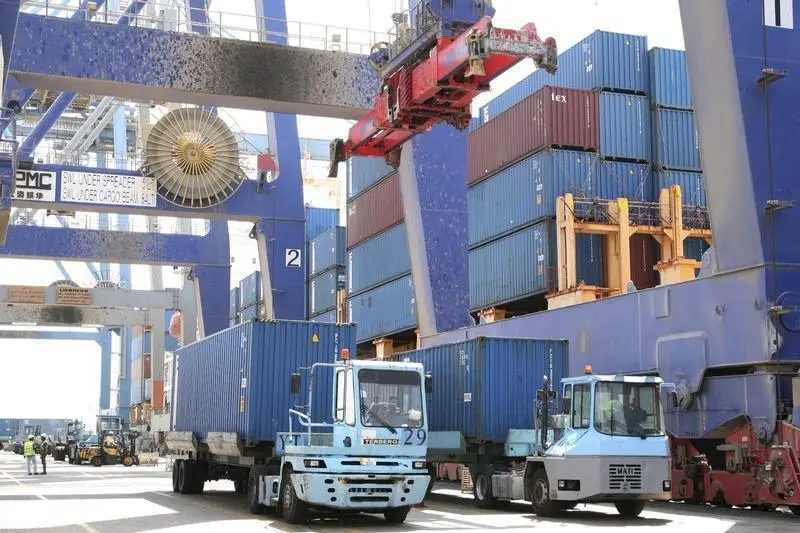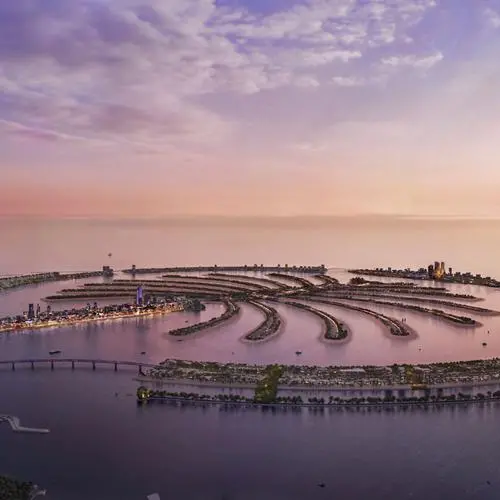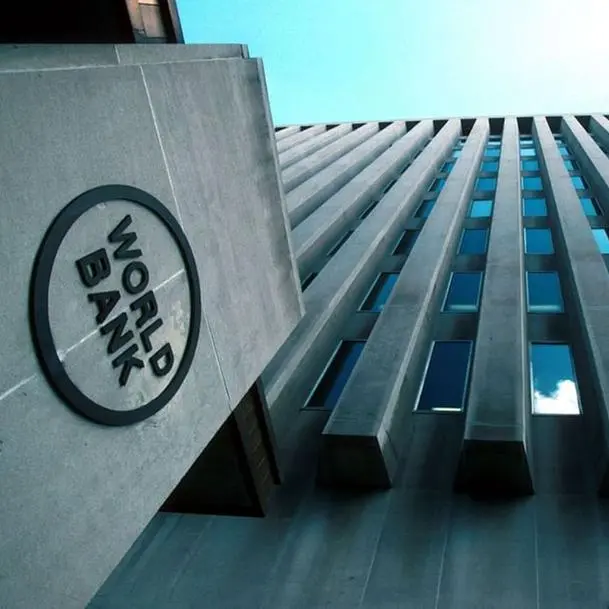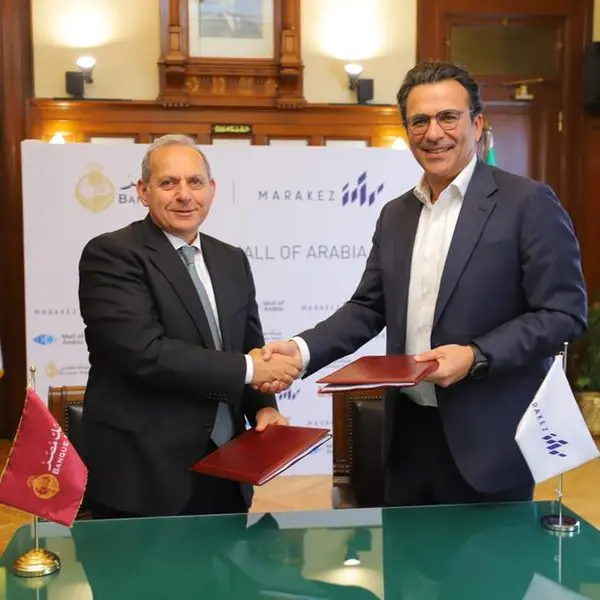PHOTO
Jordan on Wednesday signed an agreement with APM Terminals Company of the Netherlands for upgrading Aqaba Container Terminal (ACT) located in its Southern Aqaba Port with a targeted investment of nearly $242 million, the Kingdom’s media reported.
Aqaba Development Corporation (ADC) signed the deal with the Dutch firm, which will also work for converting the port into an environment-friendly “green port.”
Last week, APM Terminals had announced that the Jordanian government approved the extension of its existing concession agreement with ADC by 15 years to 2046, clearing the way for the upgrade programme.
In a statement carried by Al Rai and other local dailies, ADC’s CEO Hussein Al-Safadi said the upgrade would boost the Port’s capacity to more than 1.7 million containers per year.
“We want to be one of the leading ports in the region and among the largest 40 ports in the world,” he said.
The ADC CEO said Wednesday’s contract would begin in the first quarter of 2025 and that most of the projects to be carried out by the Dutch company would be completed before 2031. The collaboration between ADC and APM Terminals dates back to 2006 and over the years, it has led to expansion of the quay from 500 metres to 1,000 metres, and increase in annual capacity from 600,000 containers to 1.3 million containers.
APM Terminals said last week that the development plan also aims to reduce ACT’s emissions and achieve net zero by 2040. Last year, it selected ACT for its global electrification pilot programme.
In 2023 ACT had a record high throughput of more than 898,000 TEU, an increase of 5.4 per cent compared to the previous year.
ADC anticipates significant financial returns from the agreement, with projected revenues of approximately $2.5 billion between 2024 and the agreement’s extension until 2046.
(Reporting by Nadim Kawach; Editing by Anoop Menon)
Subscribe to our Projects' PULSE newsletter that brings you trustworthy news, updates and insights on project activities, developments, and partnerships across sectors in the Middle East and Africa.





















